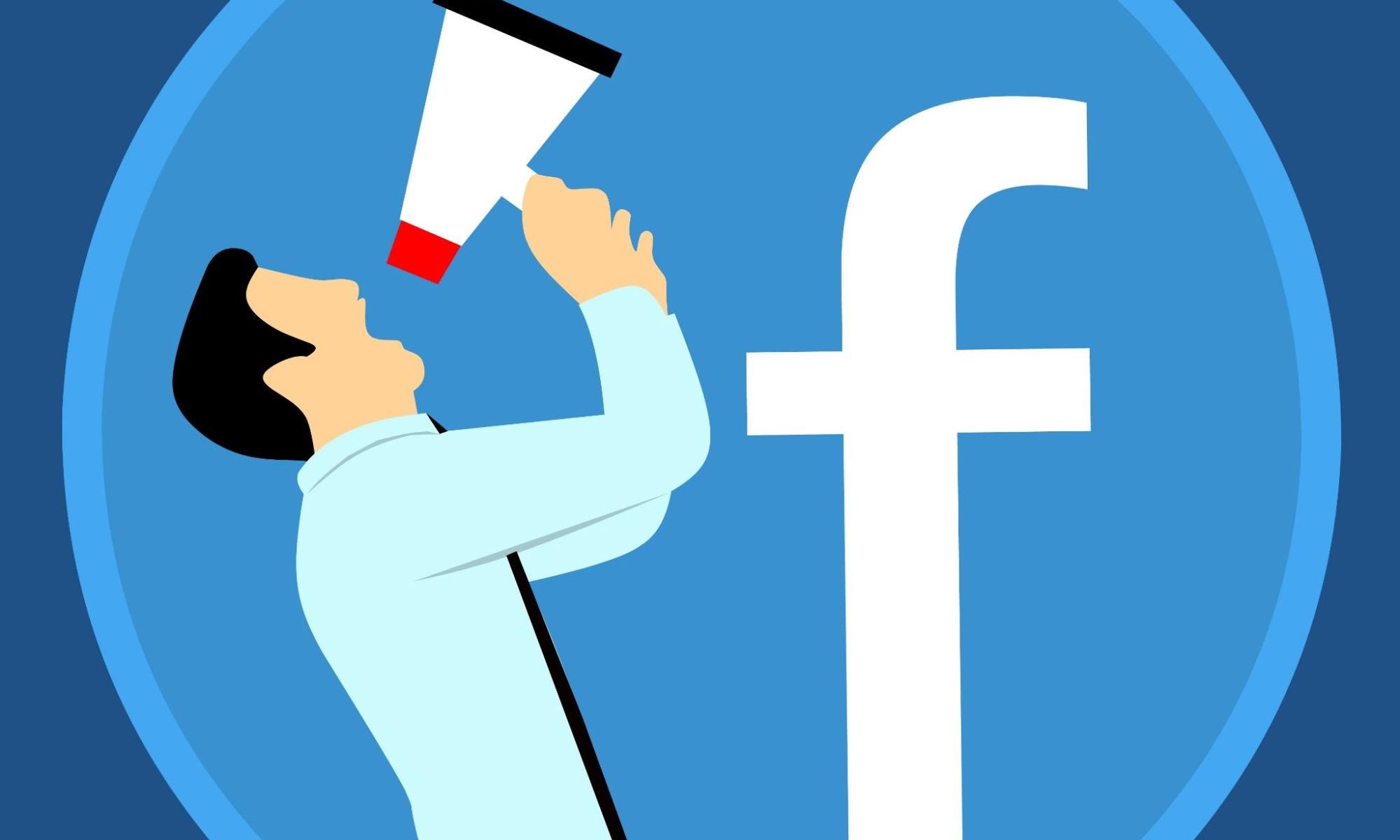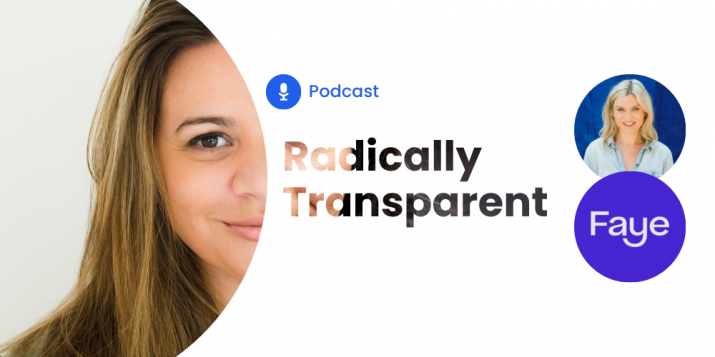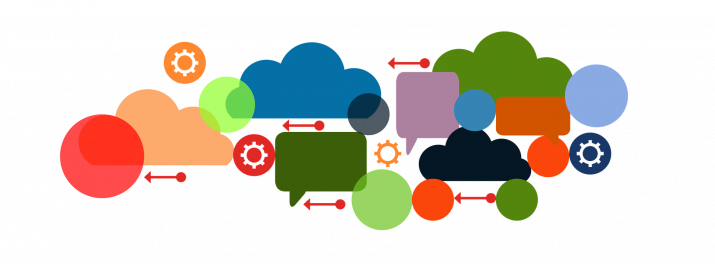
How to succeed with B2B Facebook ads
Long before anyone was learning TikTok choreography or saying regrettable things on Twitter, there was Facebook. Though it’s still the most widely-used social network in the world, B2B marketers don’t always see it as a viable platform for generating leads. It’s easy to dismiss Facebook as a place for sharing memes and getting into arguments with your least favorite uncle when LinkedIn is ready to get down to business. Easy, but wrong — because with the right strategy, Facebook is a viable channel for B2B marketing.
The typical Facebook feed is fast-moving and chaotic, well-suited for B2C ads that catch users’ attention and trigger their impulse to make a quick purchase. The small target audiences and long sales cycles that characterize the B2B purchasing process might be somewhat at odds with the platform’s modus operandi. But the leads are there: more than 48% of decision-making B2B buyers research their purchases on Facebook. Marketers who learn how to use Facebook Ads effectively can gain a distinct advantage over competitors who mistakenly write the platform off.
What are Facebook ads?
Facebook Ads is the name for Facebook’s integrated advertising platform. Ads appear in users’ news feeds and sidebars based on the targeting options the advertiser selects. User activity (both on and off Facebook), demographic data, profile details, and device information can all determine which users see a particular ad.
Facebook Ads consist of the visuals and text that make up the actual advertisement, along with some behind-the-scenes components: targeting specifications, placement, and a schedule for how long the ad should run. Advertisers also have to determine a budget and bid amount for the clicks or impressions their ads get.
One thing that isn’t technically part of the ad – but that you should treat as essential – is the Facebook Pixel. By installing it on your website, you can track different conversions and glean useful information about your ad campaign’s performance.
Are Facebook ads right for B2B?
Conventional wisdom says that Facebook is friendlier to B2C than B2B in terms of marketing. However, most companies — 91%, according to one survey — are hedging their bets by investing in a Facebook presence to reach their leads and customers. In another survey, Facebook tied with LinkedIn as the social advertising platform with the highest ROI. If you don’t find ways to connect with your prospective buyers on Facebook, somebody else will.
There are several advantages to using Facebook Ads. Facebook’s vast user base and flexible ad budgeting options provide marketers with a great environment to experiment, test, and refine their campaigns. Another advantage is that ad placement isn’t limited to the platform itself. Facebook Ads can also appear on Instagram and other apps that are part of the Facebook Audience Network.
That being said, it takes a little ingenuity to make B2B marketing work on Facebook. If you’re selling a massive enterprise-scale software solution to a niche market, you’ll probably not see great results with “click here to buy now” ads. On the other hand, you could leverage Facebook Ads to serve up your educational and insightful value-added content to potential clients and their colleagues. This tactic spreads brand awareness, establishes authority, and displays thought leadership. Most importantly, it softens your leads up for the sales and marketing tactics they’ll encounter further down the funnel.
Recommended for further reading
How to succeed with B2B Facebook ads
One thing separates the B2B marketers who get their money’s worth out of Facebook Ads from those who walk away convinced that the whole platform should be abandoned to the B2C crowd: a winning strategy. Come at it with an unfocused approach, and you’ll likely see your budget drained on messages that get lost in the noise. If you want to leverage the strengths of Facebook to run a marketing campaign that delivers, here’s how to do it.
Know Your Goal
Before you can make any smart decisions about the direction of a campaign, you have to know what you’re trying to achieve with it. Different goals mean different messages – and different metrics for measuring success. There are three campaign objective categories for Facebook Ads, each of which correlates with where your potential buyers are in the sales funnel.

For top-of-the-funnel prospects, you want an Awareness campaign to get them interested in who you are and what you do.
In the middle of the funnel, you’ll want to employ a Consideration campaign to help drive traffic to your website and generate leads. Facebook is especially well-suited for lead generation ads, as it can pull contact information directly from the user’s profile.
The leads at the very bottom of the funnel can be targeted with Conversion campaigns to close the deal, enticing them to sign up for free trials or product demonstrations.
Target the Right Audience
Creating buyer personas can help you get your ads in front of the right sets of eyeballs. The more you know about the people who decide whether or not to buy your product, the more effectively you can reach them with Facebook Ads. The targeting options Facebook provides are pretty robust. In addition to the usual demographics, you can segment your audience by interests, life events, job title, employer, industry, political leanings, and much more.

Also, don’t forget that if you have a lead’s contact information, you can upload it through the Custom Audiences feature to include them in your Facebook Ads audience. If the email address they provided is associated with their Facebook profile, they’ll appear on your customer list.
Serve the Right Audience the Right Ad
A famous philosopher once said, “The medium is the message.” In other words, the format you choose for your ad is a big deal. You can select either photo or video Facebook Ads, along with mixed-media options like stories and carousel ads.

Video ads always tend to get higher engagement on average, but remember to take direction from your campaign goals. A striking and direct image might be more effective if you’re targeting the top-of-the-funnel. Further down the funnel, where your audience is already familiar with your brand, you might get better results with more in-depth content like a video. Carousels and interactive ads tend to be more B2C-oriented, but it all depends on your product, audience, and goals.
Give Your Audience Relevant Ad Content
Facebook Ads has a built-in system that lets you know whether your audience finds your ads relevant. It gives your ad a constantly updated score between 1 and 10. If users view or engage with your ad, that increases the score. Hiding or reporting the ad brings it down. With or without Facebook judging you from the sidelines, delivering relevant content to your audience is extremely important. This is especially true in the middle of the funnel, where leads learn about your product and whether it is right for them.

The best way to increase ad relevance is to give your audience something they want or need. It could be a report, a whitepaper, a podcast episode, an instructional video, or anything else that holds some value. To find out what kind of content would motivate your audience, all you have to do is listen to them. Specifically, use social listening tools to find their online conversations about your industry, brand, and products. Direct feedback is always good, but you can learn a lot from candid discussions.
Efficiently Manage and Integrate Ads
A Facebook Ads campaign should always be part of a broader multichannel strategy. One of the most effective ways to use Facebook is to take advantage of its targeting options. You can efficiently run multiple campaigns for different audience segments at various points in the sales funnel. It can be a lot to stay on top of, which is why it’s so important to have tools to manage your campaigns and integrate them with your marketing activities.

One efficient and cost-effective way to do this is to use a social media management platform that supports Facebook Ads. It can help you retarget leads with the right messaging, regardless of where you first interacted with them or where they’re engaging with you now.
Use Facebook’s Strengths to Your Advantage
At first blush, Facebook might seem like an environment where brand awareness is the best B2B marketers can aim for. But if you can get the right content in front of the right users, there’s no reason you can’t drive home conversions, too. B2B companies can get great results with Facebook by focusing on their goals and crafting targeted relevant ad campaigns. The key is to know your audience, listen to what they want, and use the platform’s strengths to your advantage.
Social media moves quickly, so check in early and often on your ads’ performance. You’ll get feedback from users and the Facebook Ads platform itself on how your ad campaign works – and your social media management solution can provide deeper insights. It’s not always easy to dial in the best target settings and messages, so remember to be flexible and keep adjusting your strategy until you hit your formula for success.


